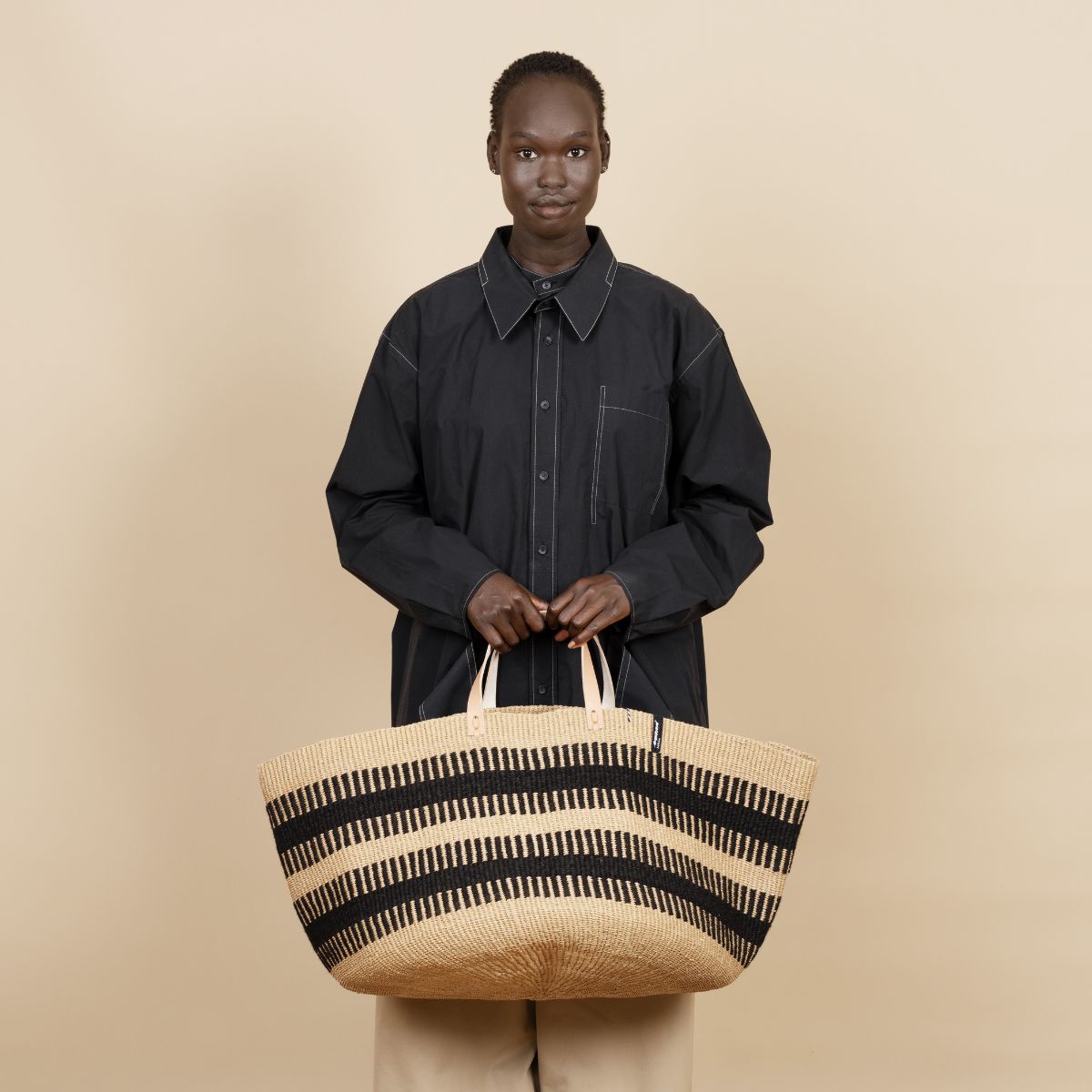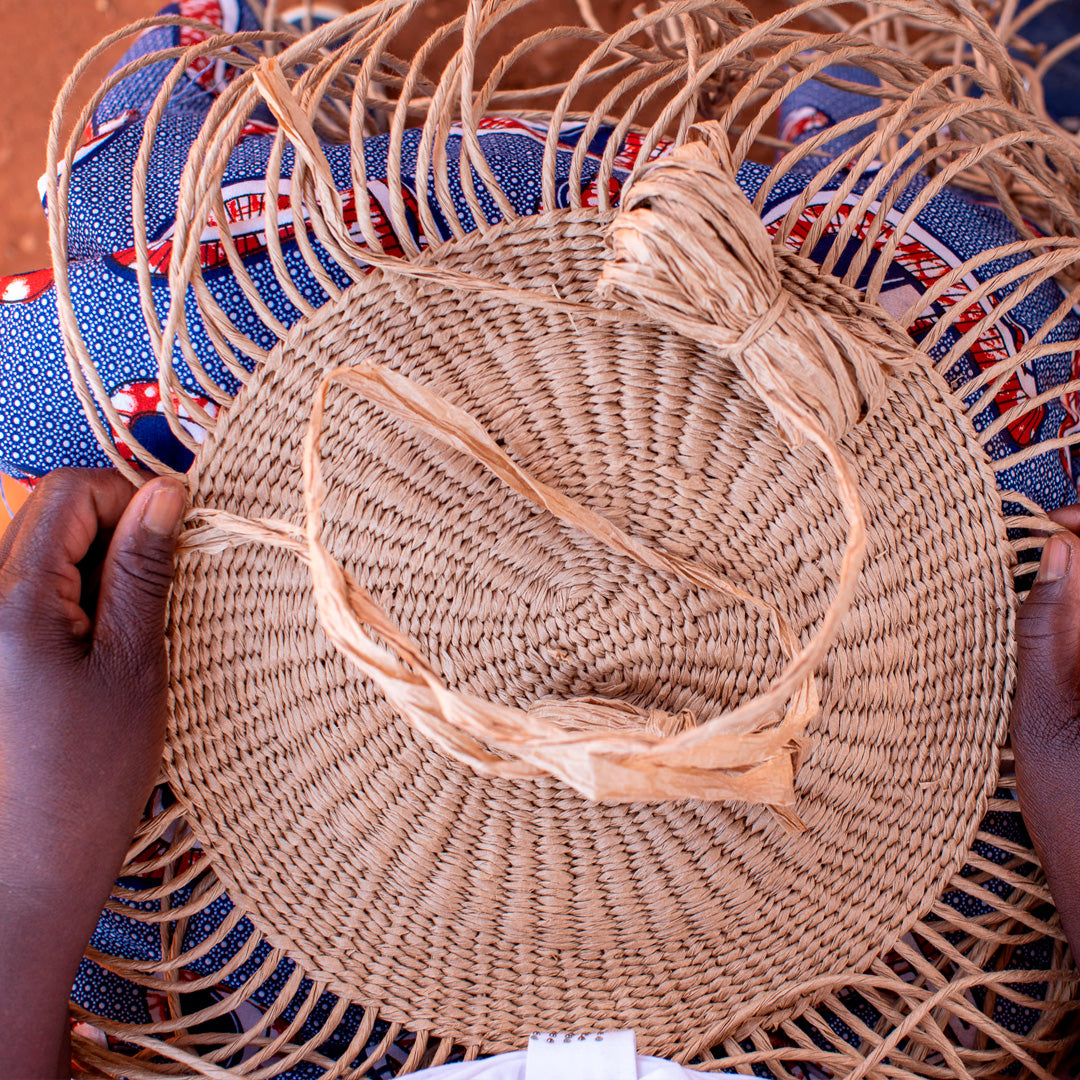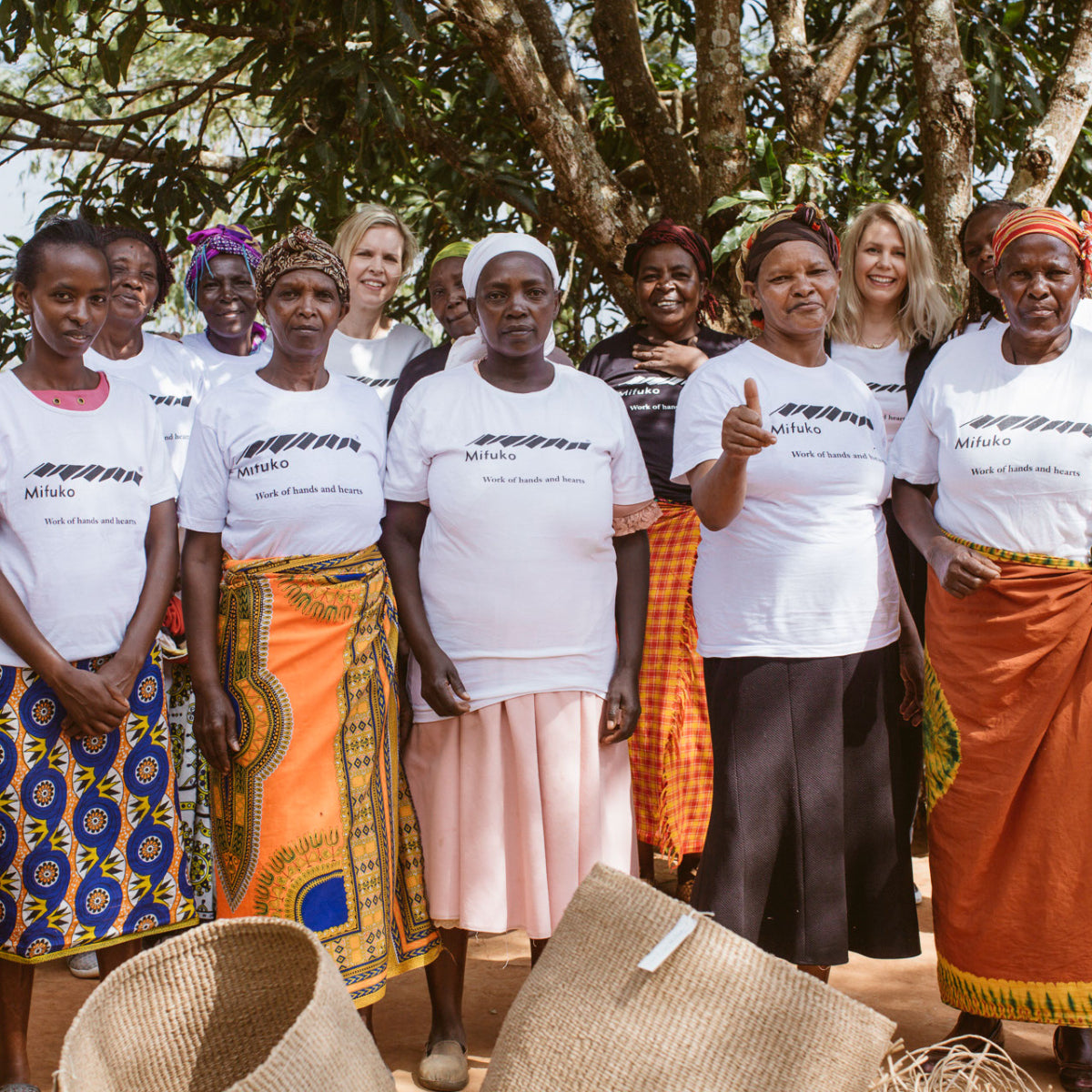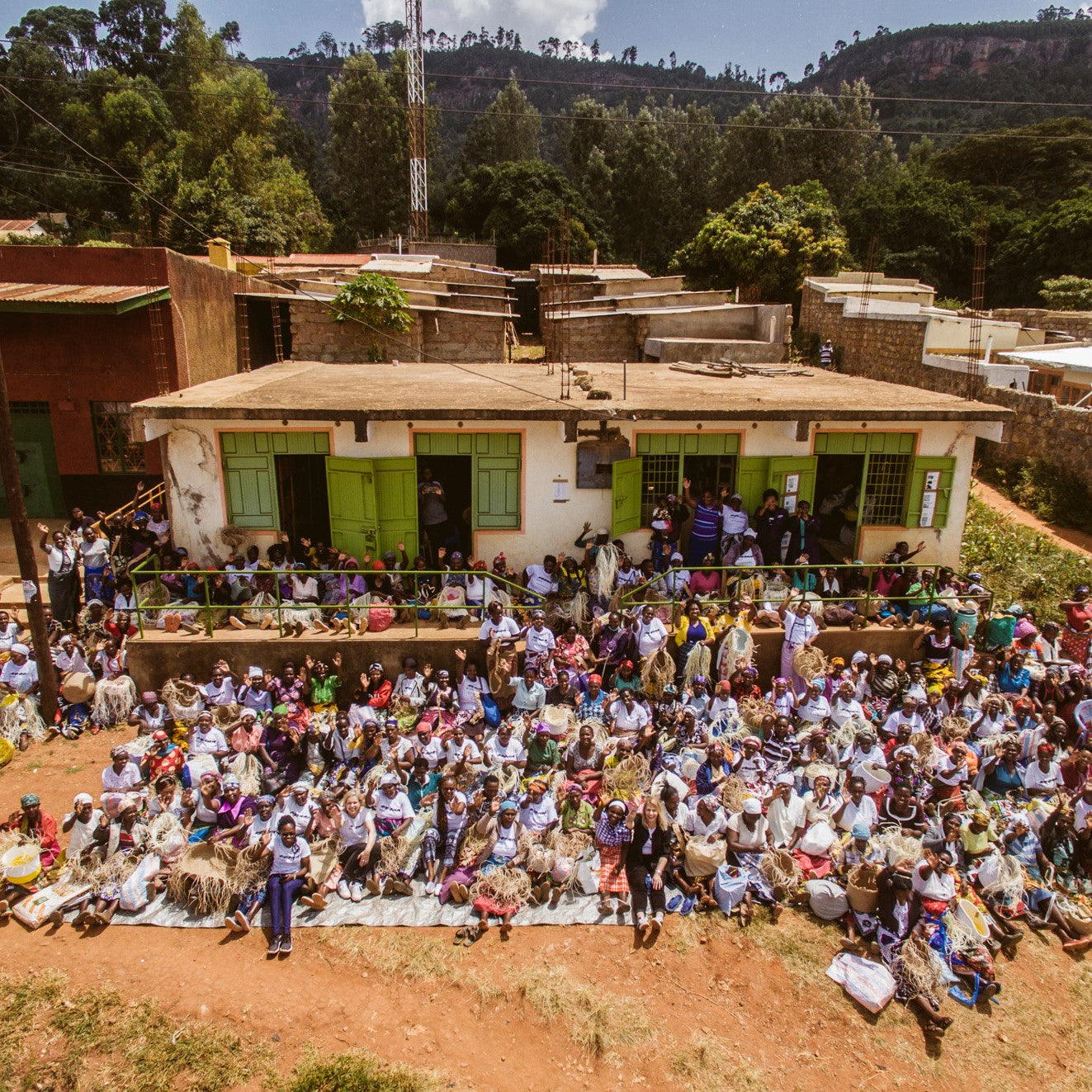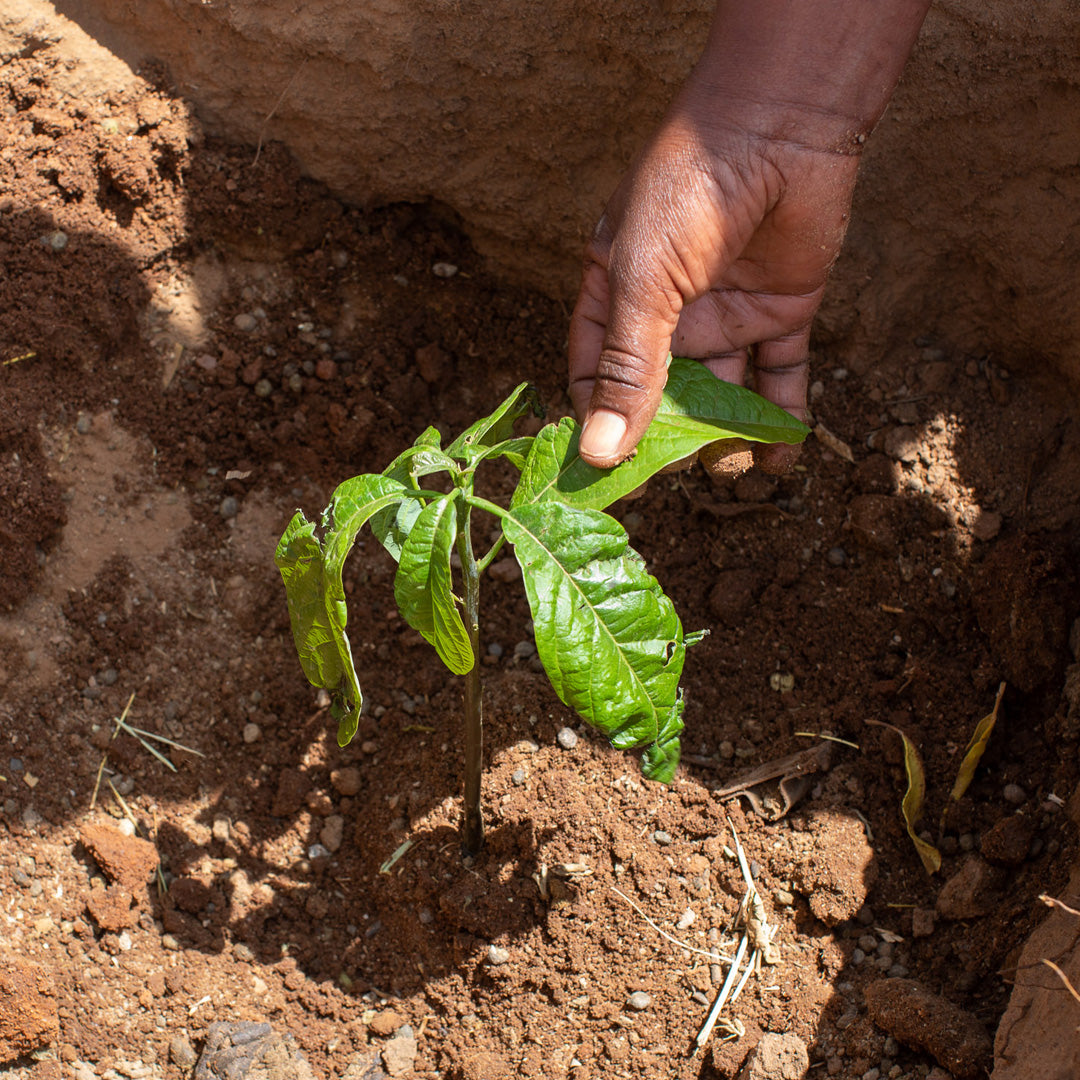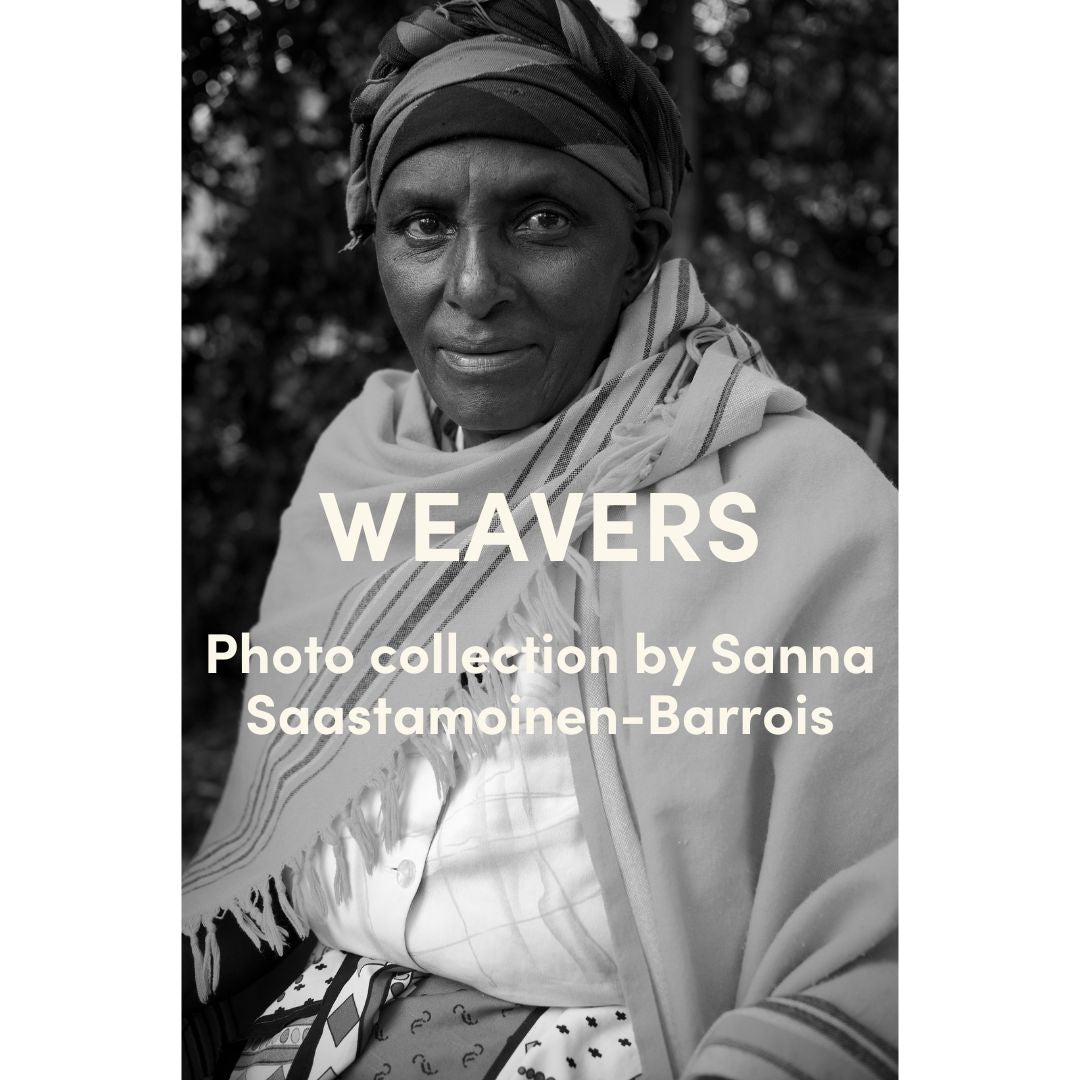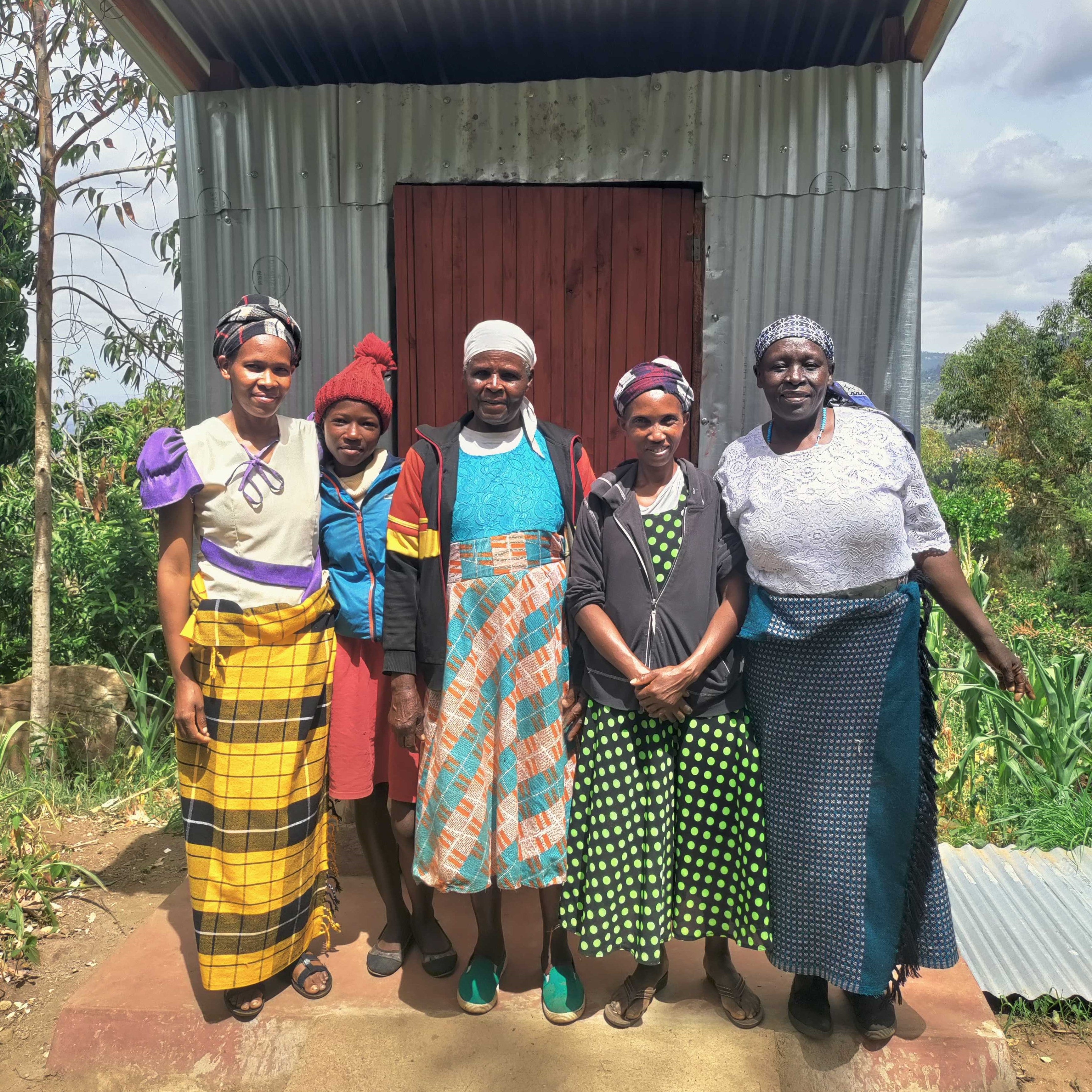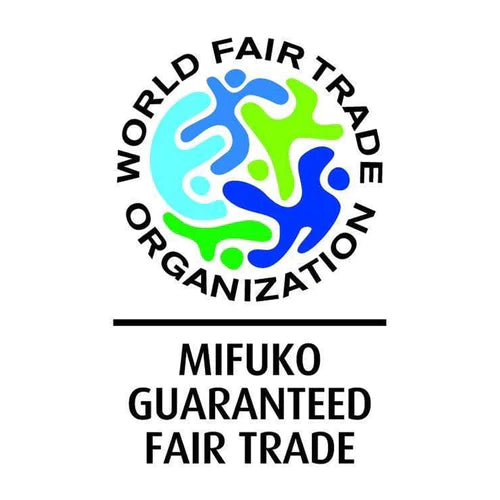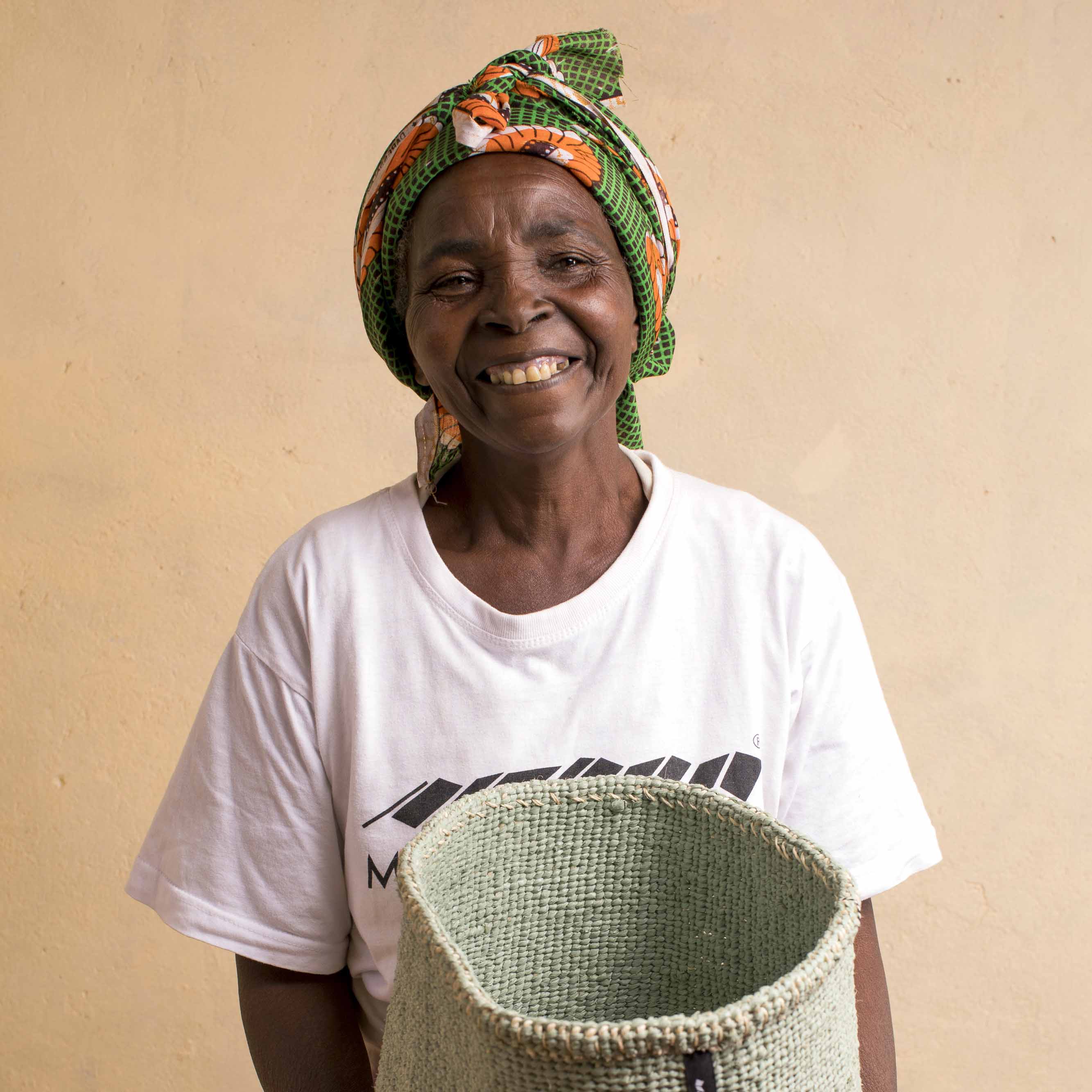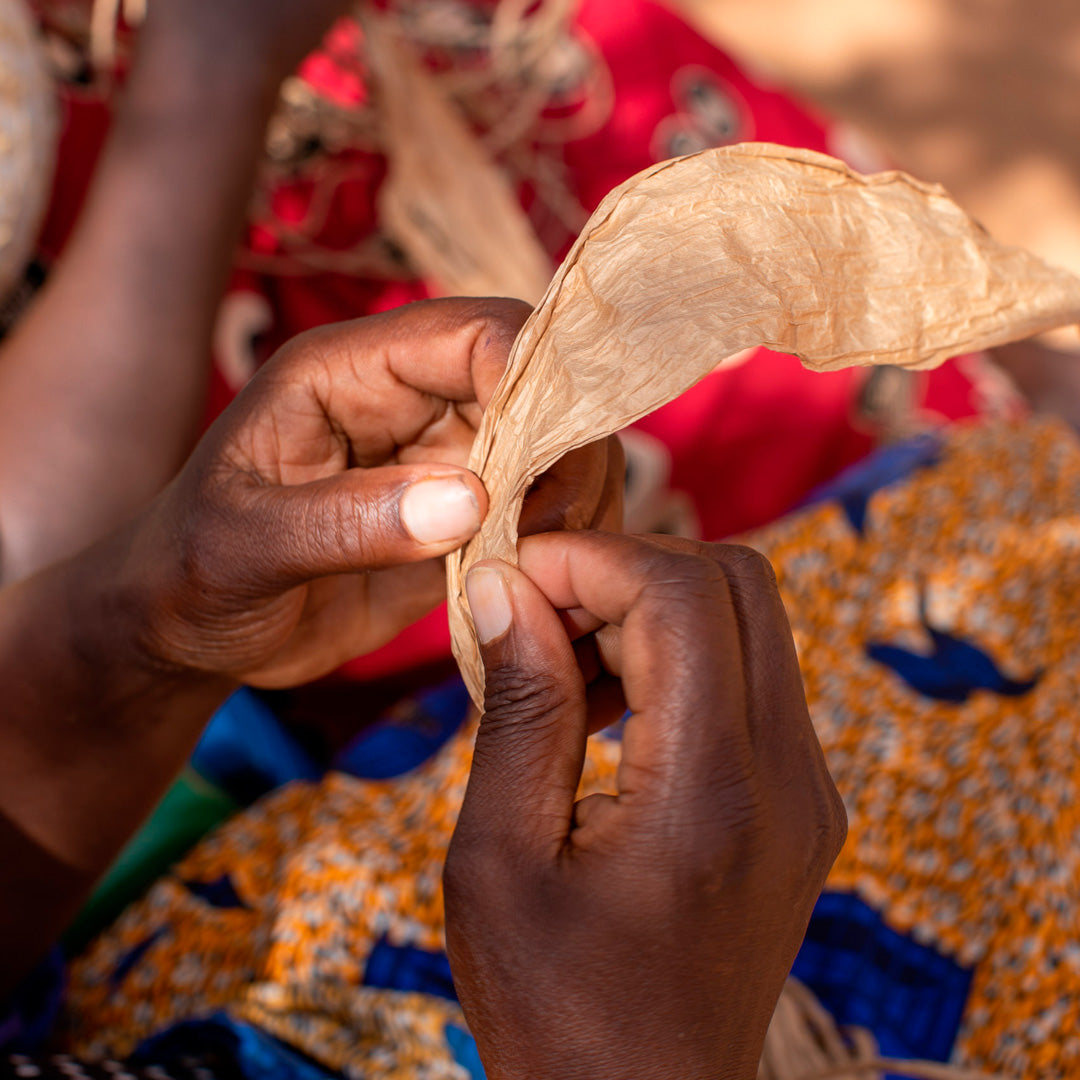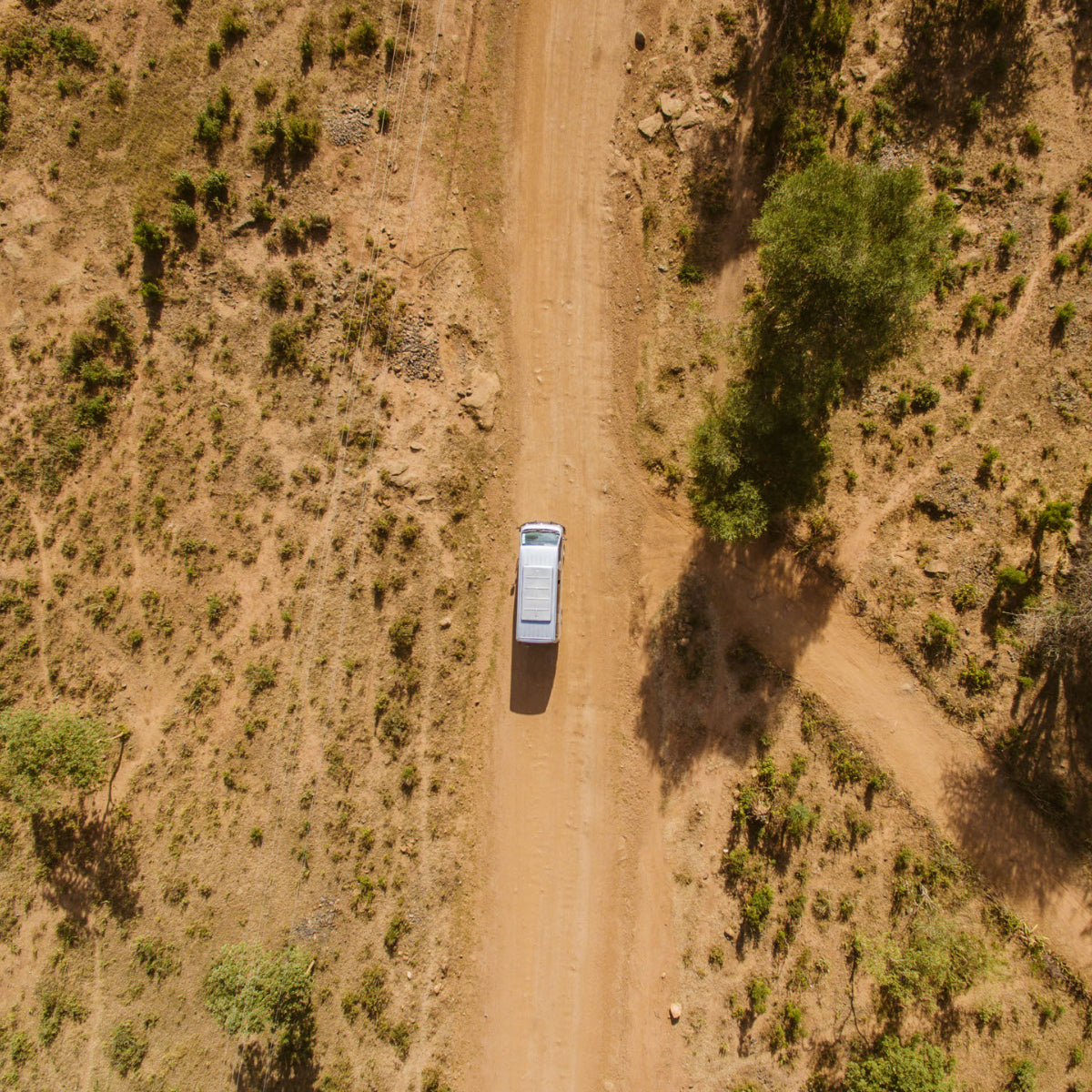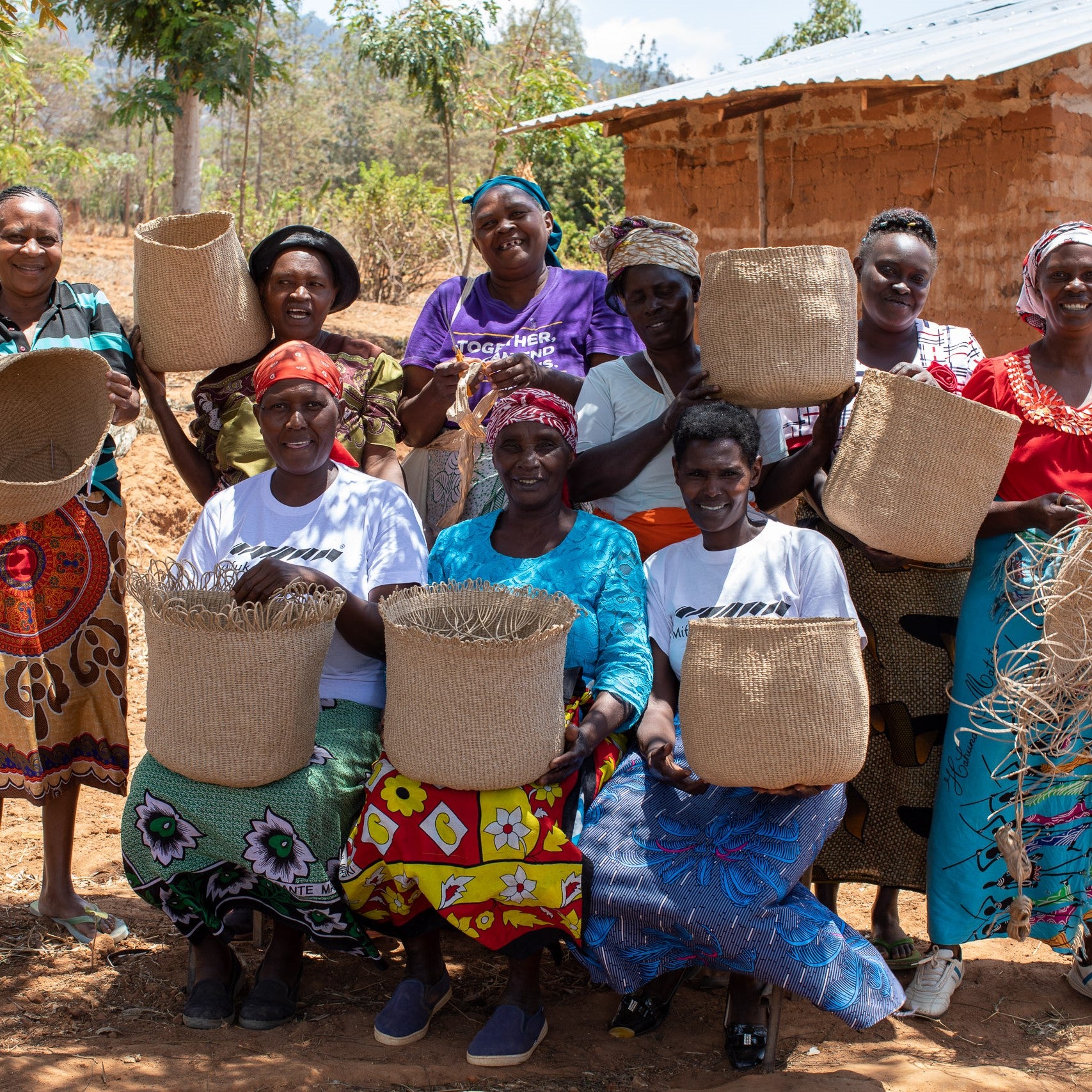We approach sustainability from a broad perspective, which we believe is necessary to ensure the global health of society and the planet. We are committed to reducing our carbon emissions and offsetting our footprint by donating to Mifuko Trust’s Agroforestry project. The agroforestry project develops new farming techniques, sets up tree nurseries, plants trees and trains agroforestry ambassadors. To measure our impact more accurately, we use a GHG protocol in our reporting.
Read more about our sustainability principles and how we implement them in our operations in our latest Sustainability Report.
Mifuko Blog
Latest articles

Small Actions, Big Changes
Mifuko Trust was established in 2012 to promote women's empowerment and sustainable development in rural Kenya. Collaboration with the fair trade company Mifuko Ltd forms the foundation of its acti...
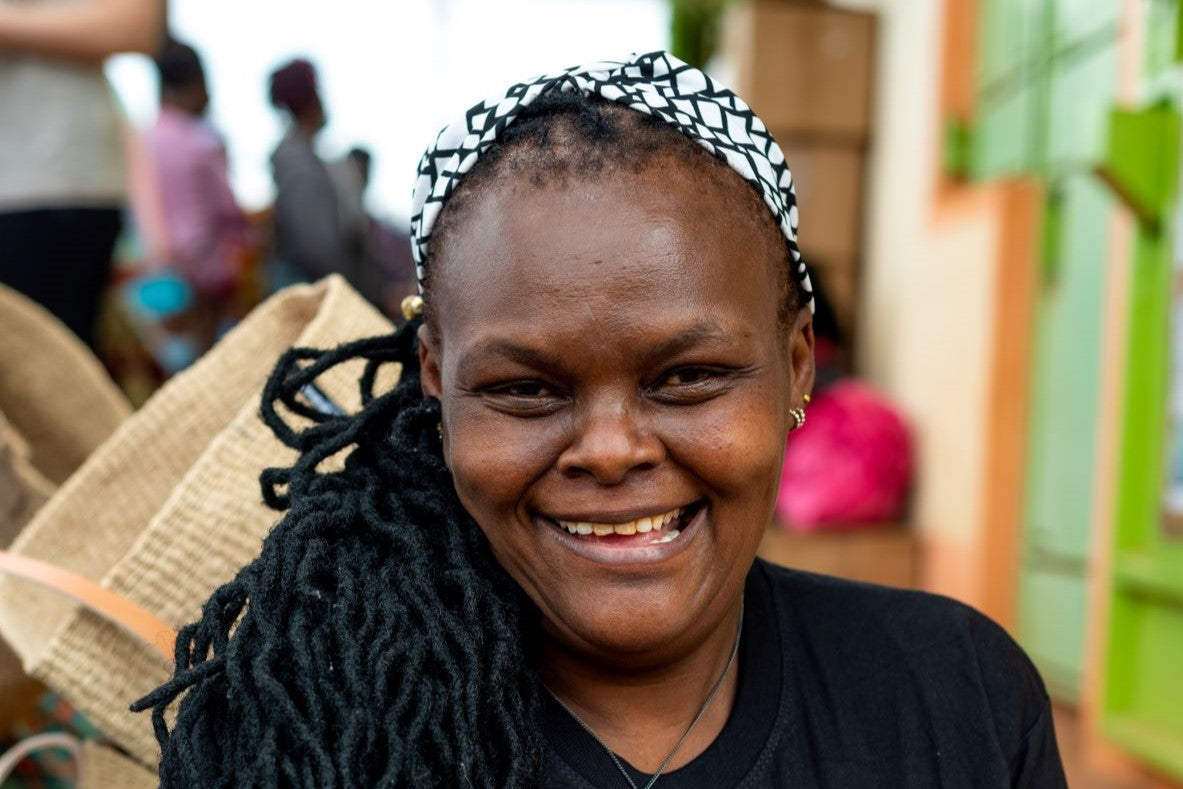
Ruth’s Mifuko Story
Mifuko’s Production Manager Ruth Kalondu has been a key member of the Mifuko team from the start. Here she tells her story with Mifuko.
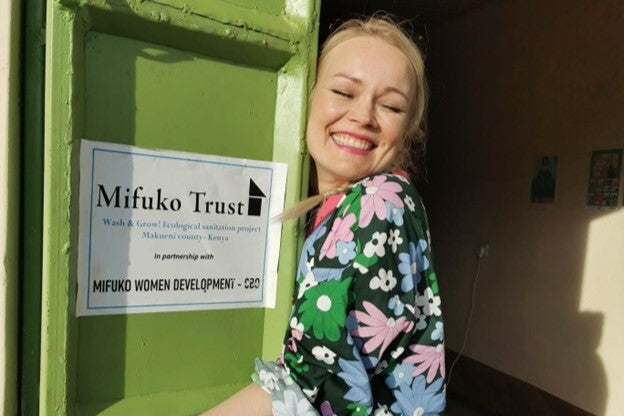
INTRODUCING MIFUKO TRUST AGROFORESTRY AMBASSADOR ANNA PUU
In 2022, Anna Puu met Mari Martikainen, one of the founders of Mifuko, and heard about Mifuko Trust's work for the first time and she decided to get involved in the organization.

